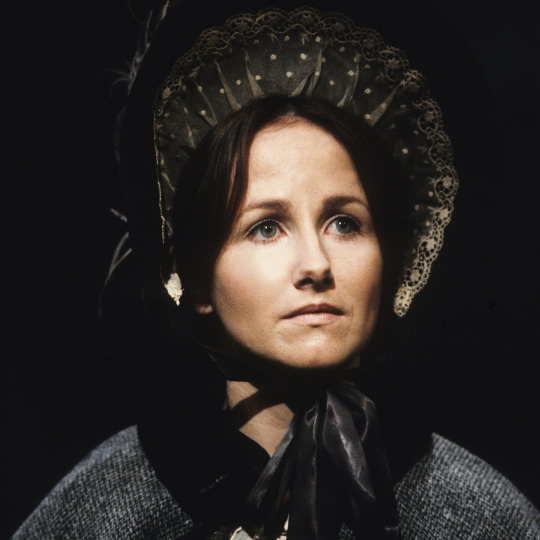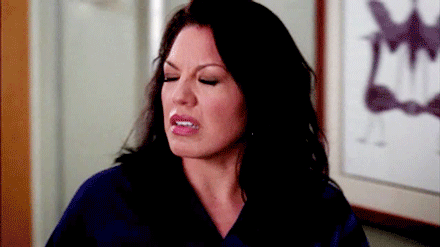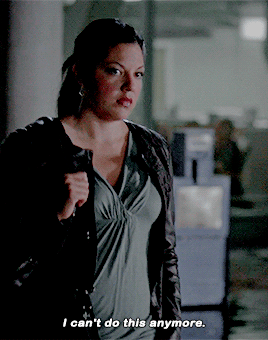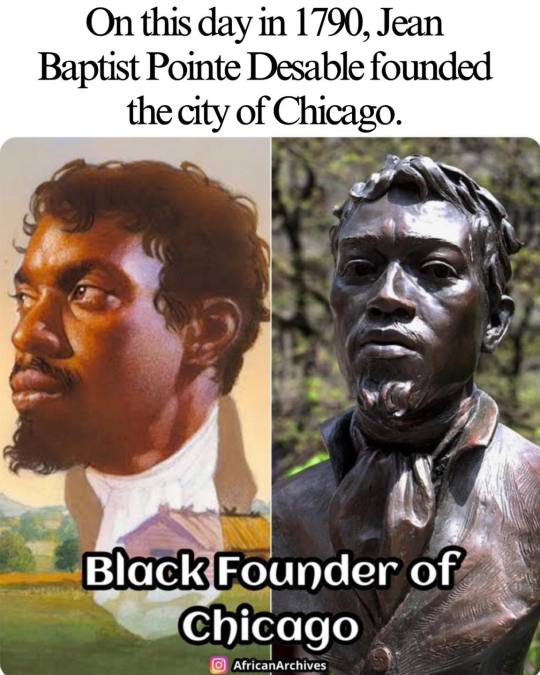#st john rivers
Explore tagged Tumblr posts
Text










Illustrations from the FreeSchool Simplified Classics version of Jane Eyre
38 notes
·
View notes
Text
jane, after rejecting st john: the path to inner peace begins with ten words... "if i were to marry you, it would kill me."
jane: i am so peaceful right now.
meanwhile...
mr rochester, about to yell across the moors: i am so not peaceful right now
#jane eyre#classics#mr rochester#edward rochester#st john rivers#do you think i can stay to become nothing to queue
16 notes
·
View notes
Text



Zelah Clarke, Timothy Dalton and Andrew Bicknell as Jane, Mr. Rochester and St. John from "Jane Eyre" 1983 version.
#jane eyre#jane eyre 1983#charlotte bronte#zelah clarke#timothy dalton#andrew bicknell#mr rochester#mr. rochester#st. john rivers#st john rivers#jane eyre bbc#bbc jane eyre#period drama#costume drama
190 notes
·
View notes
Text
Jane Eyre's cousin: You should marry me..
Me:

Jane Eyre's cousin: ...and do missionary work with me in India...
Me:

Jane Eyre's cousin: ...because you were made for labour, not love.
Me:

#i hate this man with every fiber of my being#why is his name literally St John that is so gross#st john rivers#jane eyre#liveblog of me reading
140 notes
·
View notes
Text

TO THE CHOPPING BLOCK
8 notes
·
View notes
Text
So I'm getting near the end of Jane Eyre and I've gotten to the part where St. John proposes. And the way he talks about being entitled to her because it was what god wanted and her rejecting him is therefore a rejection of god is so eerily similar to a villain I wrote whose motives were based on people like Papa Pilgrim and the guy who kidnapped Elizabeth Smart. People who used religion to justify their crimes because "God said I could do it. He put these girls/women on this earth specifically for me, to have. He wanted that for me, therefore I had a right to take them. The real criminals are those who would deny me what God said was rightfully mine." Like, the only difference is St. John thinks Jane exists for him because he isn't attracted to her at all and thinks that's a good thing because he considers it a sacrifice to have a passionless marriage and sacrifice/suffering/self-denial = a one way ticket heaven and pleasure/indulgence/comfort/ease = sin.
And like, I think St. John is explicitly identified as a Calvinist, who even Jane thinks is like, kind of a wackjob, even though she's highly religious too. Which is exactly what most of British society thought of people like that back in the 1600s, which is why they ended up getting kicked out of England and ending up in America, where that kind of theological philosophy is normalized to this day.
8 notes
·
View notes
Text
Saw someone say Jane Eyre would have been improved if she went off with St John and I just... you want her to marry her cousin? her cousin who doesn't care about her feelings? her cousin who doesn't care about her feelings and only wants to marry her so that she can come with him to India to do colonialism? You think it would have been better if she married that guy?
32 notes
·
View notes
Note
Did Rivers truly attempt to tell you your own feelings with regard to marrying him? The more I hear about the man, the more I wish I could punch him in the teeth.
He may have said - in no uncertain terms - that he would speak for my heart. And insisted that my refusal to marry him was some lapse in judgement or deficiency of mine . . .
I won't say outright that I wish you to punch him in the teeth, but perhaps it would do him some good.
#ask jane eyre#jane eyre#mr rochester#mr rochester of thornfield#charlotte brontë#charlotte bronte#victorian literature#st john rivers
23 notes
·
View notes
Text
“I felt how - if I were his wife, this good man, pure as the deep sunless source, could soon kill me, without drawing from my veins a single drop of blood, or receiving on his own crystal conscience the faintest stain of crime.”
- Jane Eyre about St. John Rivers
8 notes
·
View notes
Text
miss oliver from Jane Eyre is so fleabag actually
6 notes
·
View notes
Text
assorted chaotic jane eyre musings
mr rochester is definitely on AITA reddit
jane would love going birdwatching. she yells at people who litter at national parks
georgiana reed would 10000% be on ground zero of brat summer
pilot would sell mr rochester for 1 corn chip (previously established)
adele is forever trapped on "host like a french" tiktok
diana and mary take archery classes one day and are shockingly good at it. in a modern au they'd be accidentally catapulted to an olympian level, win, and be shocked about it
take a moment to just imagine st john rivers as a youth pastor at your local church
#jane eyre#classics#edward rochester#mr rochester#do you think i can stay to become nothing to queue#georgiana reed#adele varens#diana rivers#mary rivers#st john rivers
16 notes
·
View notes
Text
It's so much worse than Darcy's first marriage proposal. 🤣






oh my god worst marriage proposal ever
19 notes
·
View notes
Text
St. John: *Explains to Jane why she should be the only one to inherit their deceased uncle's money*
Jane:

#its interesting how st john and jane have their different ways to show their kindness#girl just repaying the kindness to the people who helped her#jane eyre#charlotte bronte#st john rivers#st. john rivers#futurama
19 notes
·
View notes
Text
How is this conversation still going? Is this really the whole chapter?
He's like "come to India withh me as my wife to do missionary work" and she's like "I'll go but not as your wife. Just say I'm your sister" and he's like "i can't do that, we have to get married" and this argument has been repeated 34 times. Please just end this conversation so i can die.
14 notes
·
View notes
Text

Jean-Baptiste Pointe DuSable was born in Saint-Domingue, Haiti (French colony) during the Haitian Revolution. At some point he settled in the part of North America that is now known as the city of Chicago and was described in historical documents as "a handsome negro" He married a Native American woman, Kitiwaha, and they had two children. In 1779, during the American Revolutionary War, he was arrested by the British on suspicion of being an American Patriot sympathizer. In the early 1780s he worked for the British lieutenant-governor of Michilimackinac on an estate at what is now the city of St. Clair, Michigan north of Detroit. In the late 1700's, Jean-Baptiste was the first person to establish an extensive and prosperous trading settlement in what would become the city of Chicago. Historic documents confirm that his property was right at the mouth of the Chicago River. Many people, however, believe that John Kinzie (a white trader) and his family were the first to settle in the area that is now known as Chicago, and it is true that the Kinzie family were Chicago's first "permanent" European settlers. But the truth is that the Kinzie family purchased their property from a French trader who had purchased it from Jean-Baptiste. He died in August 1818, and because he was a Black man, many people tried to white wash the story of Chicago's founding. But in 1912, after the Great Migration, a plaque commemorating Jean-Baptiste appeared in downtown Chicago on the site of his former home. Later in 1913, a white historian named Dr. Milo Milton Quaife also recognized Jean-Baptiste as the founder of Chicago. And as the years went by, more and more Black notables such as Carter G. Woodson and Langston Hughes began to include Jean-Baptiste in their writings as "the brownskin pioneer who founded the Windy City." In 2009, a bronze bust of Jean-Baptiste was designed and placed in Pioneer Square in Chicago along the Magnificent Mile. There is also a popular museum in Chicago named after him called the DuSable Museum of African American History.
x
#Jean-Baptiste Pointe DuSable#Haitian Revolution#Chicago history#founder of Chicago#black history#Native American wife#Kitiwaha#American Revolutionary War#British arrest#Michilimackinac#St. Clair Michigan#trading settlement#Chicago River#John Kinzie#European settlers#Great Migration#Carter G. Woodson#Langston Hughes#Windy City#bronze bust#Pioneer Square#Magnificent Mile#DuSable Museum#African American history
597 notes
·
View notes
Text
You know that's a very good question. I kind of thought he was trying not to appear selfish, since the money would help him too, but I also really don't like him telling her what she feels in that scene. Any ideas Jane Eyre folks?
Did St. John attempt to dissuade Jane from sharing her inheritance with her cousins out of moral righteousness, or was he hoping to marry her and claim all twenty thousand pounds for himself (for God, yeah sure)?
131 notes
·
View notes